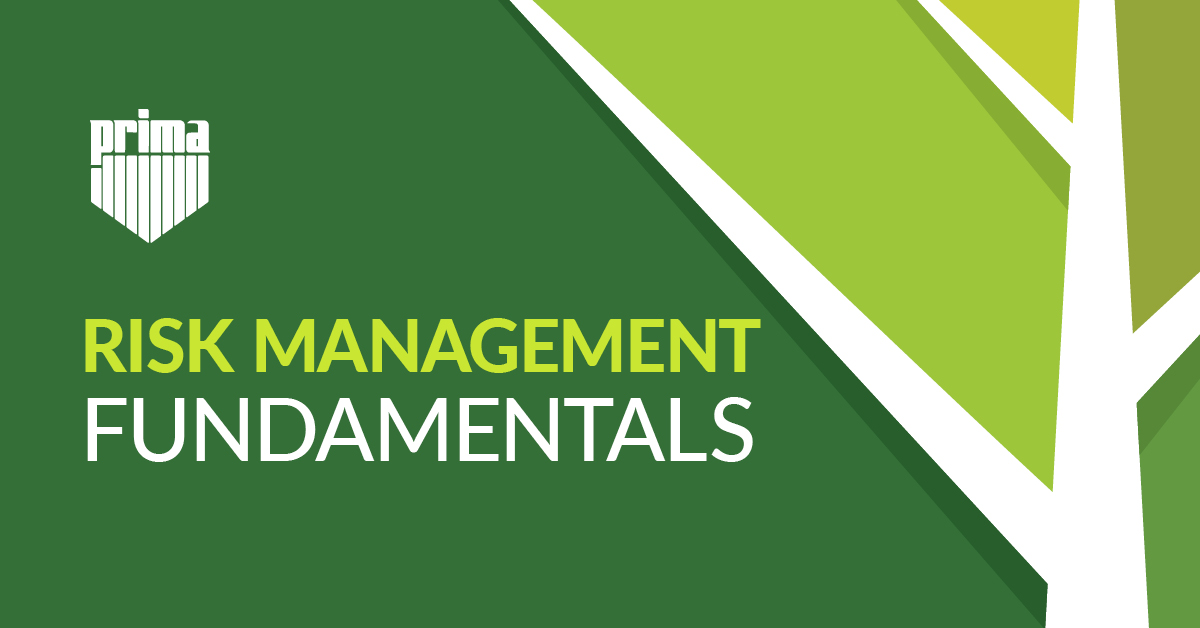Diversity & Inclusion: Insurance Industry Insights
Speaker:
Dan Myer, Director, Professional and Executive Liability Group, CRC Group
Chris Cavaliere, Partner, Shumaker
There is a growing trend of diversity-related claims under Directors and Officers insurance. During this session the speaker will discuss current diversity-related exposures and lawsuits. Attendees will learn how to proactively mitigate the risk and respond to the exposure.
Learning Objectives:
1. Understanding current diversity-related exposures & lawsuits
2. How D&O insurance responds in these situations
3. How current trends impact D&O insurance
-
Cybersecurity: What You Need to Know
Speaker:
Kelvin Coleman, Executive Director, National Cyber Security Alliance
In an increasingly interconnected world, it is important to educate individuals on cybersecurity best practices. This session will identify current threats from malicious attackers. Further, the speaker will discuss the importance of convening with partners who recognize strength in the security collective.
Learning Objectives:
1. Identify current threats from cyber malicious attackers
2. Educate individuals on cybersecurity best practice
3. Amplify the importance of convening with partners who recognize strength in the security collective
-
Addressing PTSD Among Our Heroes
Speaker:
Teresa Bartlett, MD, Senior Vice President and Senior Medical Officer, Sedgwick
Post-traumatic stress syndrome (PTSD) is showing up more frequently among our front-line heroes in the public sector. Many of our first responders and medical personnel routinely confront horrific or disturbing scenes while protecting those in the community. However, recent events across the country underscore the need to address PTSD on a much broader basis than in the past. Additionally, a person may have been the victim of assault, domestic violence, or car crash and bring associated consequences to the workplace including flashbacks or severe anxiety. This can impact the safety and productivity of that individual and those around them. This session will look at what public officials can do to identify and assist employees suffering from PTSD and what steps to take to minimize and mitigate its affect at the workplace.
Learning Objectives:
1. Describe PTSD in terms of its causes and characteristics
2. Explain how someone suffering from PTSD might manifest symptoms at the workplace and possible consequences if left unchecked
3. Share ways public officials can help those suffering from PTSD and proactive strategies to have in place at work
-
Environmental Risk Management: Weather, Climate Change and Natural Disasters
Speaker:
Ashley Bonner, Senior Risk Control Consultant, Trident Public Risk Solutions
As the Earth constantly evolves, we must change with it. We must be prepared for hurricanes, floods, fires, tornadoes and other disasters in moments of great uncertainty and limitations. We must gain knowledge that can help prevent or mitigate losses from these phenomenon. It is important to learn from other cities’ experiences, such as New Orleans, what worked and how to avoid what didn’t work by addressing: 1) how to best prepare and protect assets in advance, 2) what can and can’t be conserved, 3) how to recover and stabilize items for restoration, 4) preparing for and handling staffing concerns, and 5) security and financial resource considerations.
Learning Objectives:
1. How to best prepare to protect assets, staffing and the community
2. What assets can and can’t be conserved; recovering and stabilizing items for restoration
3. How to address financial and security needs
-
Incident Command Strategies for Crisis Communication
Speaker:
Jason Stoddard, Director of School Safety and Security, Charles County Public Schools (MD)
In an effort to effectively address an unforeseen crisis that afflicts your entity, it is imperative to maintain a clear line of communication. This will require that all affected stakeholders are abreast of the situation in order to mitigate any unfavorable outcomes that may result from the crisis. During this session, attendees will learn of the Incident Command System with the hopes of successful implementation and response in the face of a catastrophic event.
Learning Objectives:
1. General understanding of what Incident Command and the Incident Command System is
2. An understanding of how crisis leadership is rooted in everyday leadership but requires a more strategic skill set
3. An understanding of how to create and build a proactive communication plan for crisis.





















